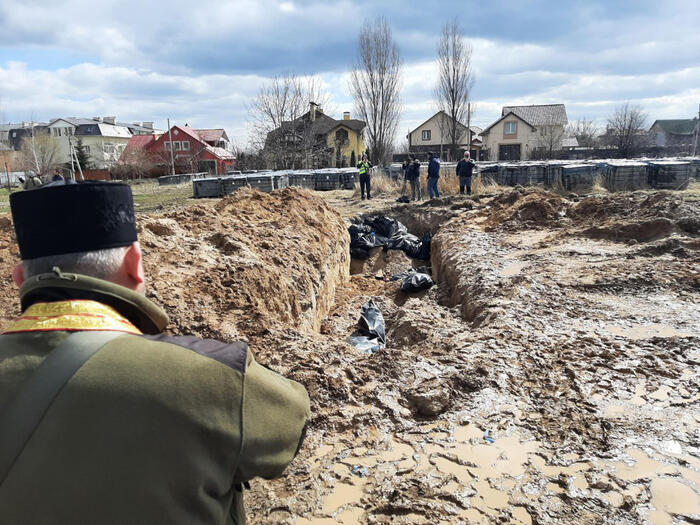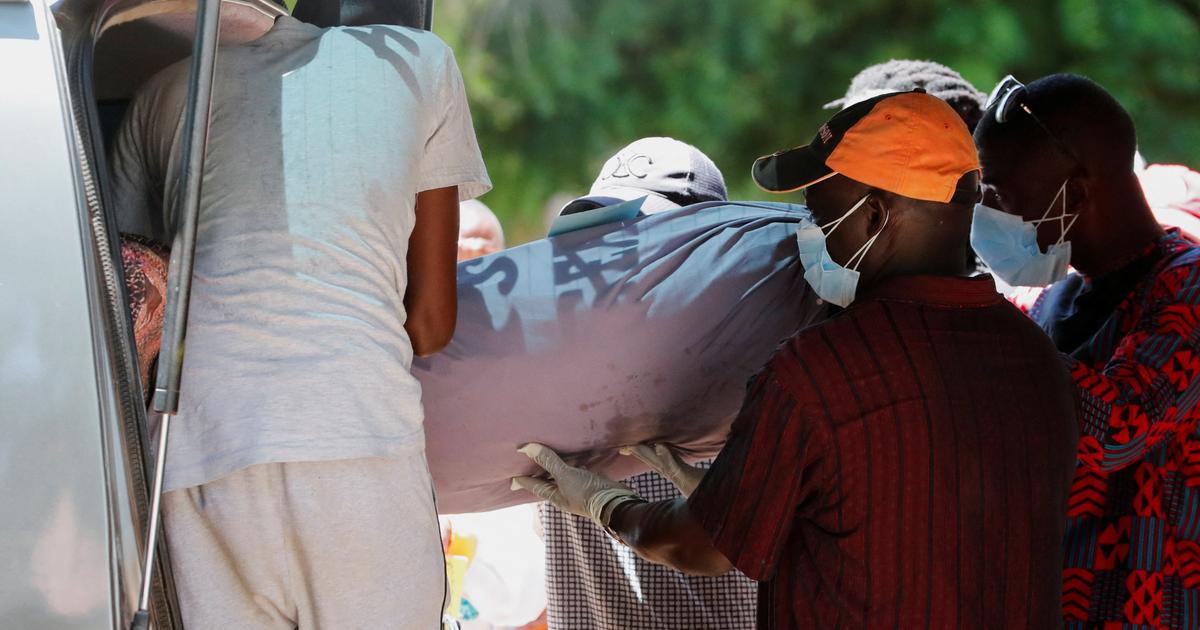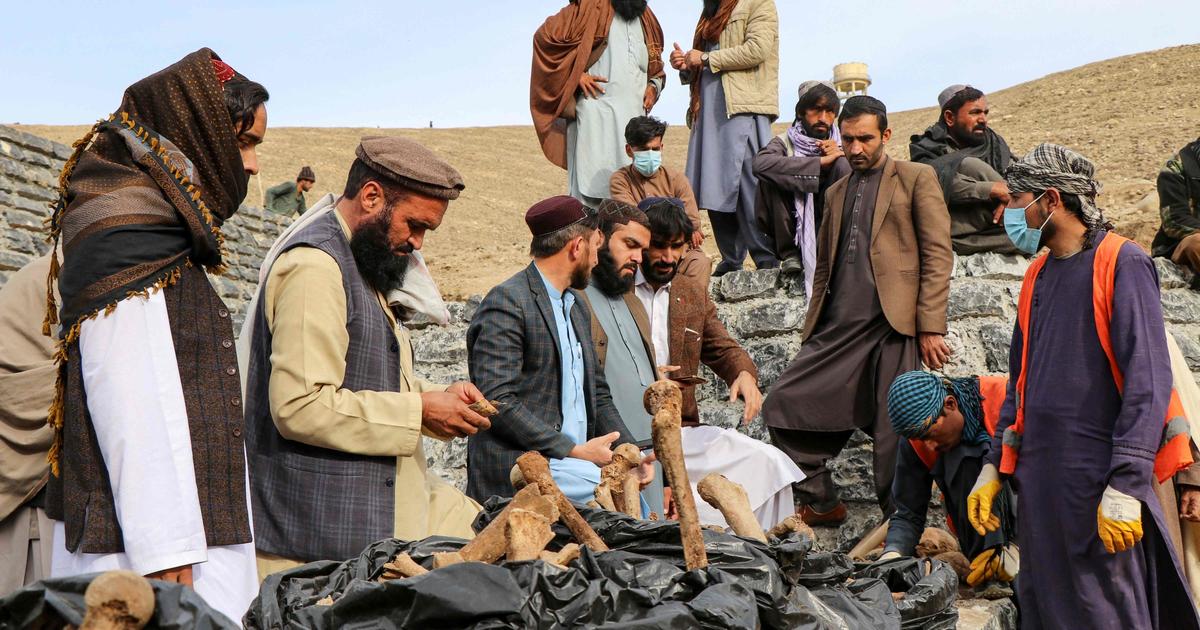Bucha died on March 4, when twenty tanks entered Yablunska street like an injected virus tearing you apart from within.
Right away.
With an endless barrage of bullets unloaded on the peasant houses, which lasted the entire time of the passage in that first street, one kilometer long.
Then the invasion spread everywhere, as did the corpses.
The bullets destroyed glass, pierced walls and doors, killed men, women and children.
The tanks crushed any human or machine they passed.
The occupation lasted more than a month.
And all this time people have been living in house barricades with corpses on the street, on the ground or in cars.
Listening from the inside screams and shoots.
No one could retrieve them and the people of that dying village watched the rotting bodies from their windows, day after day.
Closed in the house, but without being able to enter the shelters set up in the houses: order of the soldiers.
In the Ivan Franko street, however, the militiamen broke into homes, took away savings, food and women.
Thirties were used to cook and carry out orders in those houses which for a few days had become the headquarters of the Russian military.
In some of these, in the torture chambers, lifeless bodies of civilians were found with their hands tied.
It is for all this that today the entrance from Irpin to Bucha has become a sharp sheet of ice that sticks to the stomach as you get closer.
For the martyrdom, the villagers were chosen and not the upper part, the one with the ten-storey high-rises, however, gutted by the bullets of the tanks.
This was not a random choice, since it was easier for the soldiers in the low and poor houses to control people and avoid ambushes.
And then it's easy to hit those around who try to get out.
For many, fetching water was too high a risk: if a soldier saw you, after a moment you were food for the foxes and found yourself on the ground without a face.
"Tens of bodies have been arriving since March 10. So far I have counted 68, many are not identifiable", says Andryi, a priest of the Orthodox Church of Sant'Andrea.
The mass graves behind the chapel are now just a decent semblance and a way to hide the inexplicable.
Even to themselves.
Lidia, an elderly worker in the nearby pottery workshop, mourns the death of two children: "They only killed them because they sat near the shelter".
At the sight of anyone coming from outside, they invite you to enter and pray in the garden, where many have dug a grave for the killed relative, took a spade and placed a cross.
Tamara buried her brother, but he did not die with the lead of the militiamen, she had cancer and could no longer go out to get the medicines.
Andreij has placed the coffin in the still empty garden and is waiting for someone to help him put his aunt's body inside, which is still lying on the sofa.
Speaking with those who have lived through all this, in the stories there is a word that always comes back, pronounced with a thin voice: "neliudi", they say, "inhuman".
For the president of the Ukrainian Parliament "it was the Holocaust of the new millennium, a tragedy for Ukraine but also for Europe and the world".
Volodymyr Zelensky instead, who today came here to see with his own eyes the many bodies still on the street, on the sidewalks, in the gardens, under the railway, addressed the mothers of the Russian soldiers: "Even if you have raised looters, how Could they have also become butchers? They treated the Ukrainians worse than animals ... "The military in Kiev, who are now removing the tanks burned by resistance bombs (in one street there are more than a dozen destroyed), now do not show compassion.
In front of two Russian corpses, burned and skinned by bombs, a soldier does not stop laughing and says: "Look at them between the legs,
a sign that it is not over yet and perhaps the "neliudi" is repeating itself nearby.
When the killers are men, who choose against whom to press the trigger of the Kalashnikov in their hands, and not the bombs, everything takes on a different meaning, which prompts a woman to repeat: "They are not soldiers!".
In her pain he expresses the sense of what happened here in the village.
And maybe you are right.
It wasn't war here, but we don't know what it is.
a sign that it is not over yet and perhaps the "neliudi" is repeating itself nearby.
When the killers are men, who choose against whom to press the trigger of the Kalashnikov in their hands, and not the bombs, everything takes on a different meaning, which prompts a woman to repeat: "They are not soldiers!".
In her pain he expresses the sense of what happened here in the village.
And maybe you are right.
It wasn't war here, but we don't know what it is.
There has been a level leap that finds no words or explanations: in Bucha the evil has become unspeakable.
(HANDLE).








